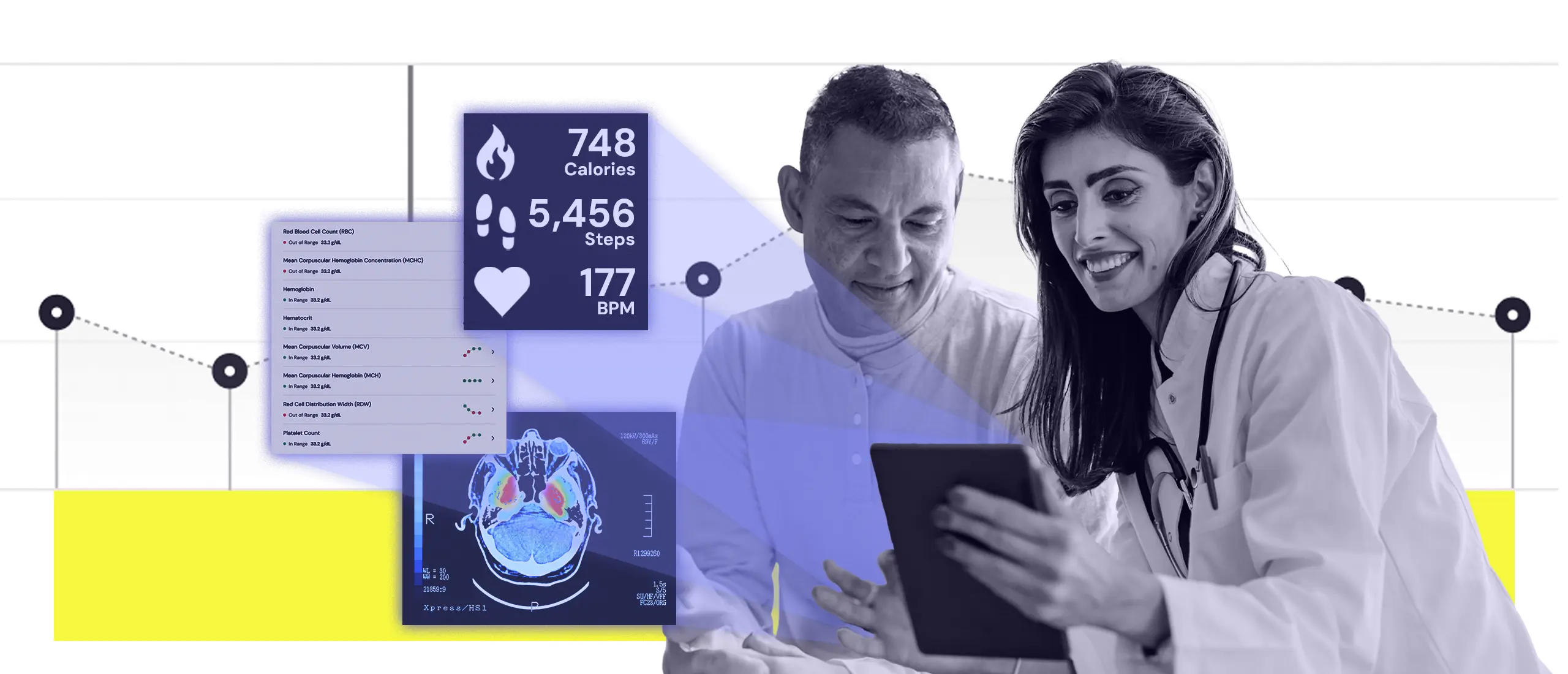AI is transforming healthcare by enhancing doctor-patient interactions and improving diagnostic accuracy. By managing administrative tasks, AI allows healthcare providers to focus on personal, engaging conversations about patient health. This shift facilitates personalized medicine, where AI analyzes extensive datasets to detect rare diseases, identify overlooked treatments, and predict patient outcomes. Currently, over 1,000 FDA-approved AI tools assist physicians in diagnostics and imaging, leading to faster and more accurate results. For instance, AI systems like EchoNet evaluate cardiac health with precision comparable to experienced professionals. AI also helps parse complex biomarker data, delivering actionable insights tailored to individual health needs, potentially guiding lifestyle interventions. However, AI lacks the ability to replicate human empathy and understanding. Thus, effective integration necessitates AI-literate doctors who can interpret data with clinical nuance. Although AI’s potential is remarkable, it requires careful regulation to mitigate biases and protect patient privacy. The future of healthcare relies on the synergy of human expertise and AI-driven insights.
Source link
